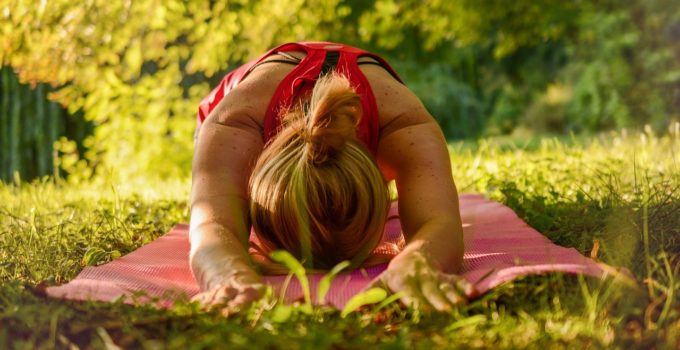Lasting Benefits With Holistic Care
Most complementary forms of treatment are natural methods. These methods are therefore safe when a doctor or therapist with a long experience administers them.
Following the doctor or therapist’s instructions on how to take these therapies helps ensure that you get the benefits while minimizing the side effects of these complementary methods.
Complementary methods of treatment for cancer can also boost your immunity because they reduce your stress levels and improve your nutritional status.
Chemotherapy lowers the body immunity and therefore making you more prone to infections, but complementary therapies can help you to fight infections with a stronger immunity system.
A holistic therapy that includes the use of massage or even meditation helps to improve your comfort—having a therapist to talk to help to take off some weight from your shoulders. If you decide to join a support group, listening to the experiences of people who have dealt with a similar condition gives you hope in the journey of fighting cancer.
What are the Therapies Involved in Holistic Cancer Therapy?
Many therapies are used to complement conventional cancer therapy. These methods include acupuncture, massage, relaxation therapies, hypnosis, exercise, nutritional therapy, music therapy, music therapy, and aromatherapy.
How Does Acupuncture Help?
Acupuncture is a method of treatment whose origin is from East Asia. This method has gained use in relieving the side effects of chemotherapy like pain, nausea and vomiting, and fatigue.
Acupuncture involves the insertion of needles in particular body regions. Acupuncture relieves pain by stimulating the body to release endorphins, which help you to feel good.
Serotonin is a chemical that is released from the brain and helps to relieve pain. Acupuncture triggers the brain to release serotonin and therefore relieve pain experienced in cancer.
Acupuncture also helps to relieve other side effects of chemotherapy like fatigue, shortness of breath, hot flushes, and dryness of the mouth. Nausea and vomiting can also be relieved using acupuncture.
Few side effects are associated with acupuncture-like mild bleeding and bruising and dizziness. It is important to consult a competent practitioner for acupuncture to avoid serious side effects like infections and puncturing of the lungs. The risk of bleeding increases if you have a blood-clotting abnormality.



